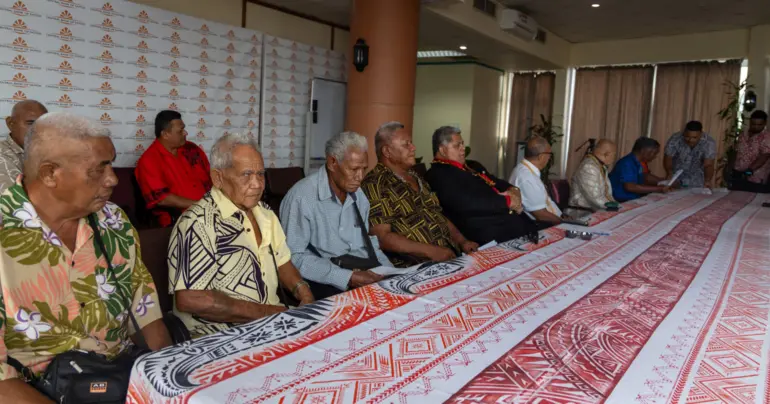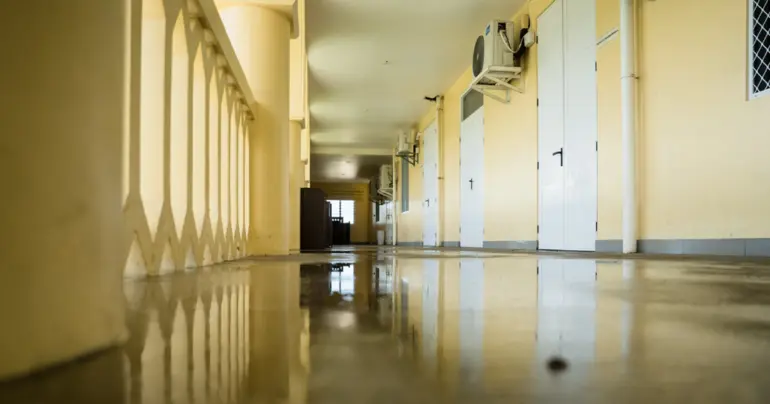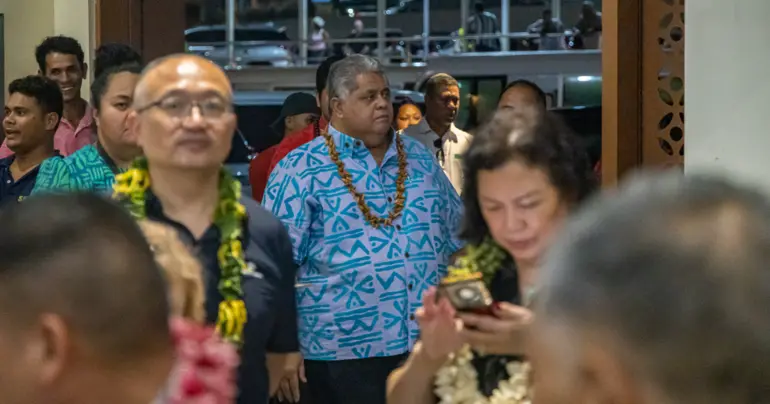The 2,916 cases that didn’t get justice?
It is a story that would shock and disappoint many in the community, especially due to the millions of tala, which both the donors and the Samoa government have been investing over the years to tackle family and domestic violence in the islands.
Just last week one of the partners in the nation’s efforts to address the scourge, the Samoa Victim Support Group (SVSG) concluded its Torch of Peace journey, which saw hundreds of men, women and children in villages on Upolu and Savai’i step out to show their support for the non-profit organisation’s symbolic gesture and condemn the country’s high rates of violence.
But the story (Over 2,000 reports not investigated) published in yesterday’s edition of the Samoa Observer confirmed one of the major challenges that will need immediate resolution – in order for the victims of domestic and family violence and their families to get the assistance that they need, find closure, and have the confidence to move on life – strong institutional support and intervention from key government agencies such as Police.
Sadly, yesterday’s article on how 2,916 domestic and family violence-related cases were reported last year to the Samoa Police Service, but were not investigated will lead to a loss of confidence in the Police by the general public.
The damning statistics were released last Friday by the Ministry of Police, Prisons, and Correction Services (MPPCS) when the ministry launched its Domestic and Family Violence Strategy.
The article reported that with the implementation of the ministry’s "No Drop Policy", it hopes to address the issue with the unveiled strategy and is committed to being more effective in responding both at the village, community and national level to cases of domestic and family violence. Police have vowed to use its Domestic and Family Violence Unit to prioritise the prevention, response, and reduction of violence of any form happening at home. Their strategy also explicitly states that the fa'a-Samoa, faith, and Samoan Culture cannot be used as excuses for family violence.
We applaud the ministry for taking a strong stand on the issue, through its strategy launched last Friday. But the fact of the matter is that it is easier said than done and their lack of action to investigate further the 2,916 cases that were reported is confirmation of the dilemma that Samoa’s policemen and women face.
One of the key questions that come to mind is the mammoth number of cases reported within that 12-month period without any course of action being taken at that time.
Did that happen because the police officer who handled the matter was in a conflict of interest situation and didn’t bother to bring it to the attention of their superiors? Or was this case of family or domestic violence one of those that dropped off the radar due to the lack of resources to pursue the matter further?
We have to ask ourselves these questions simply because of the fact that close to 2,916 cases were reported and to this day those victims or family members who did the right thing by reporting the matter are yet to get justice of any form of kind.
We believe the MPPCS should start an internal inquiry to ascertain why close to 3,000 domestic and family violence cases that were reported to the Police didn’t make any progress beyond the reporting officer that originally handled the complaint when it was first made at the police station.
It is okay for the ministry to say that its Domestic and Family Violence Strategy will now enable it to respond effectively. However, the staggering number of cases that did not gain traction within the Police cannot be ignored and it is not good enough to just depend on the strategy to address this issue.
Obviously, there are deep-seated problems within the ministry, which we believe have contributed to the massive number of cases and they need to be identified and tackled if Samoa’s law enforcement agency is to contribute effectively to the fight against domestic and family violence.
In retrospect, we are not surprised by the numbers, and we only have to go back to the findings of the public inquiry by the Ombudsman/National Human Rights Institution in 2018 which confirmed that violence had reached an epidemic stage impacting all levels of Samoan society.
There’s no doubt that it will take a generational change which should include overcoming hurdles created by one’s religious doctrines and culture. But the Police are the first line of defence to protect the vulnerable and they should get their house in order if Samoa is to make progress.











